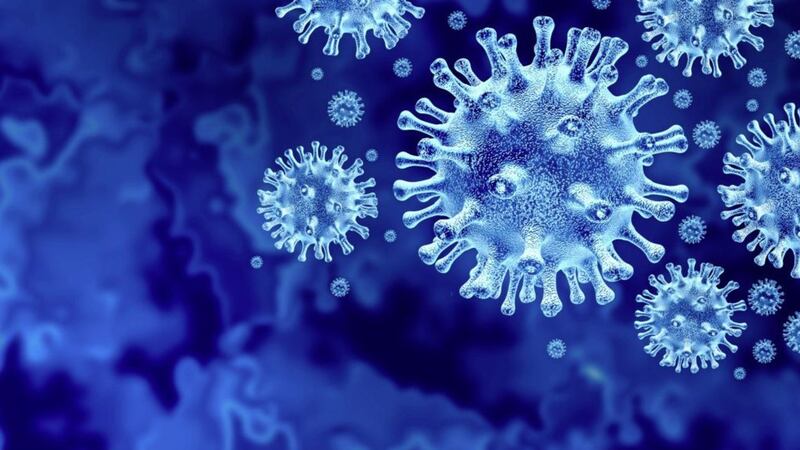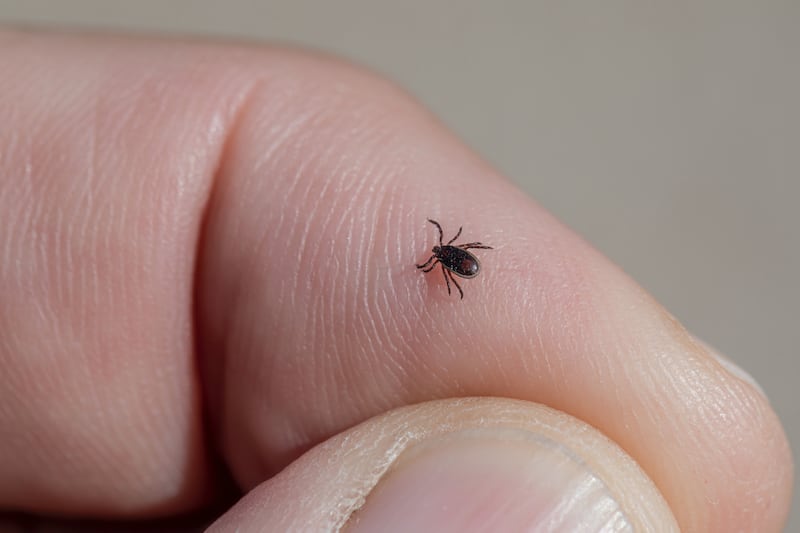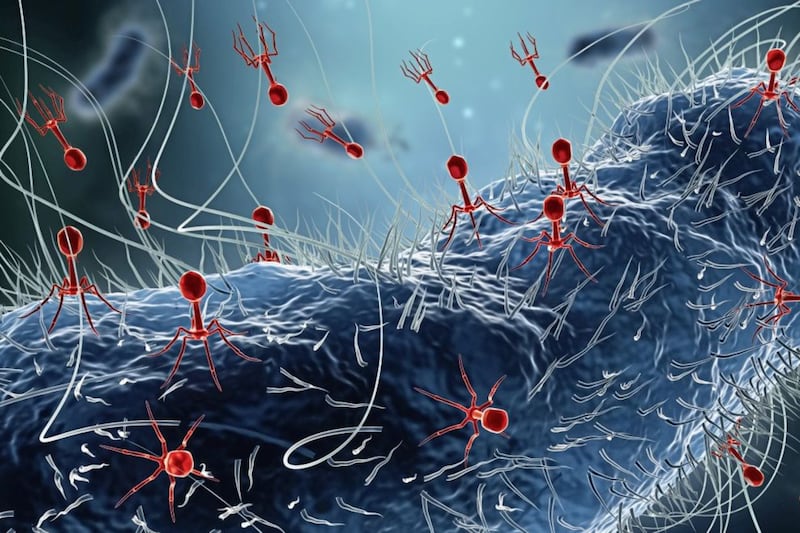CAN viruses such as the one that causes Covid-19 attack our brains and change our behaviour – thereby prolonging an outbreak?
That’s the suggestion from US researchers who say that the coronavirus may be manipulating the behaviour of infected people, sometimes even before they show symptoms, so they become more sociable.
In fact, such behaviour-changing effects of viruses – so-called behavioural host manipulation – are not new, and have previously been reported for the flu and rabies viruses, among others.
The theory is that pathogens do this to maximise their reproduction rate (known as R0) and in turn, their spread and survival.
Now researchers from the State University of New York at Albany, have explained how the Covid-19 virus could be changing the behaviour of those it infects to make them more likely to pass it on to others.
One idea is that it may do this in the incubation period, when people are infected but show no symptoms, so they are more likely to socialise.
The researchers suggest the virus may act on an area of the brain called the anterior cingulate cortex (ACC), which is involved in social behaviour and emotional regulation. By manipulating the ACC, instead of observing distancing rules, people would be drawn to "gather socially", they wrote in the journal Medical Hypotheses.
They stress their theories are based on the effects of other infections in changing behaviour and there are no known manipulations associated with Covid-19. "Only time will tell how it manipulates its host for its own survival and replication."
Dr Frank Ryan, a consultant physician and evolutionary virologist, says the Covid-19 virus may also interfere with hormone levels to change our behaviour.
|"While there are effects on behaviour through virus-induced changes in the nervous system, Covid has the potential also to change the endocrine system that produces hormones that regulate many functions, from sleep to reproduction and social behaviour," he says.
"Behavioural effects are speculative since very little focus has been put on the impact of Covid-19 on the endocrine system, but a study in the Journal of Endocrinological Investigation confirms the virus’s effect on the endocrine system is a real complication.
"Human behaviour is complex and in my experience endocrine disturbance is sometimes accompanied by behavioural changes," he says, adding that the doctors treating patients will, however, naturally focus on the physical aspects of the infection.
But support for the idea that Covid-19 affects social behaviour comes from evidence with other similar viruses.
In a 2010 study using the flu vaccine (as a proxy for infection because of ethical problems in deliberately infecting people), which contains a modified form of the virus, US researchers found that in the two days after being exposed, the number of people patients met doubled, from an average of 54 to 101, compared to the two days before immunisation, reported the Annals of Epidemiology.
The two days immediately after exposure to flu are important because this is when people are most infectious, but display no symptoms – so are more likely to spread the disease. The researchers ruled out the so-called knowledge effect – that people felt safer after the vaccine and were therefore more sociable – because four weeks after the jab, socialisation rates had dropped back to pre-vaccine levels, suggesting that the immediate two days are important.
"Human social behaviour changed on the introduction of the virus," say the researchers. "This is the strongest indicator yet discovered of pathogen-related behavioural change in humans."
The virus that has attracted most attention from research into behavioural effects is rabies, an infection of the brain and nerves caught from the bite or scratch of an infected animal.
It’s been found that it can manipulate the nervous system and make animals more aggressive, and more likely to bite, scratch and spit, increasing the spread of the virus, which kills 59,000 people a year worldwide.
A 2017 study in Scientific Reports from Alaska University found that the virus blocks chemicals in the human brain that play a crucial role in regulating behaviour.
Meanwhile, a virus found in algae may also affect us, and reduce our navigation skills.
While studying mental ability in adults, researchers serendipitously discovered DNA from an algae virus in throat samples. ATCV-1 is a type of chlorovirus, that infects green algae, which is common in lakes and ponds, but until then was not thought to infect humans.
Researchers from Johns Hopkins University in the US then discovered that people infected with the virus had reduced performance on mental tests of visual processing. Why is unclear. "Exposure to ATCV-1 was associated with significant changes in the regulation of over 1,000 genes," say the researchers, whose study appeared in the 2014 Proceedings of the National Academy of Sciences.
"If confirmed, these findings hint that other yet-unknown viruses may have subtle effects on human health and behaviour."
Some experts even believe symptoms such as coughing and sneezing that we develop due to a viral infection may be another way viruses manipulate behaviour to maximise their spread.
The commonly held view is that we cough, sneeze or vomit (in the case of norovirus) as this helps get rid of the harmful cells from our bodies.
But this is a "daft theory", says Greg Towers, a professor of molecular virology at University College London.
"It seems more likely that respiratory viruses such as the common cold have evolved to make us cough and sneeze to transmit the virus in an effective way. No studies prove that you sneeze to get rid of viruses – this is conjecture.
"Given that the virus is inside your cells, it is daft to suggest that you’re trying to get rid of it. It doesn’t work like that, so it’s a daft theory. The transmission theory is more likely."
He adds: "Viruses’ evolution alongside us has enabled them to manipulate any part of our biology.’
© Solo dmg media








